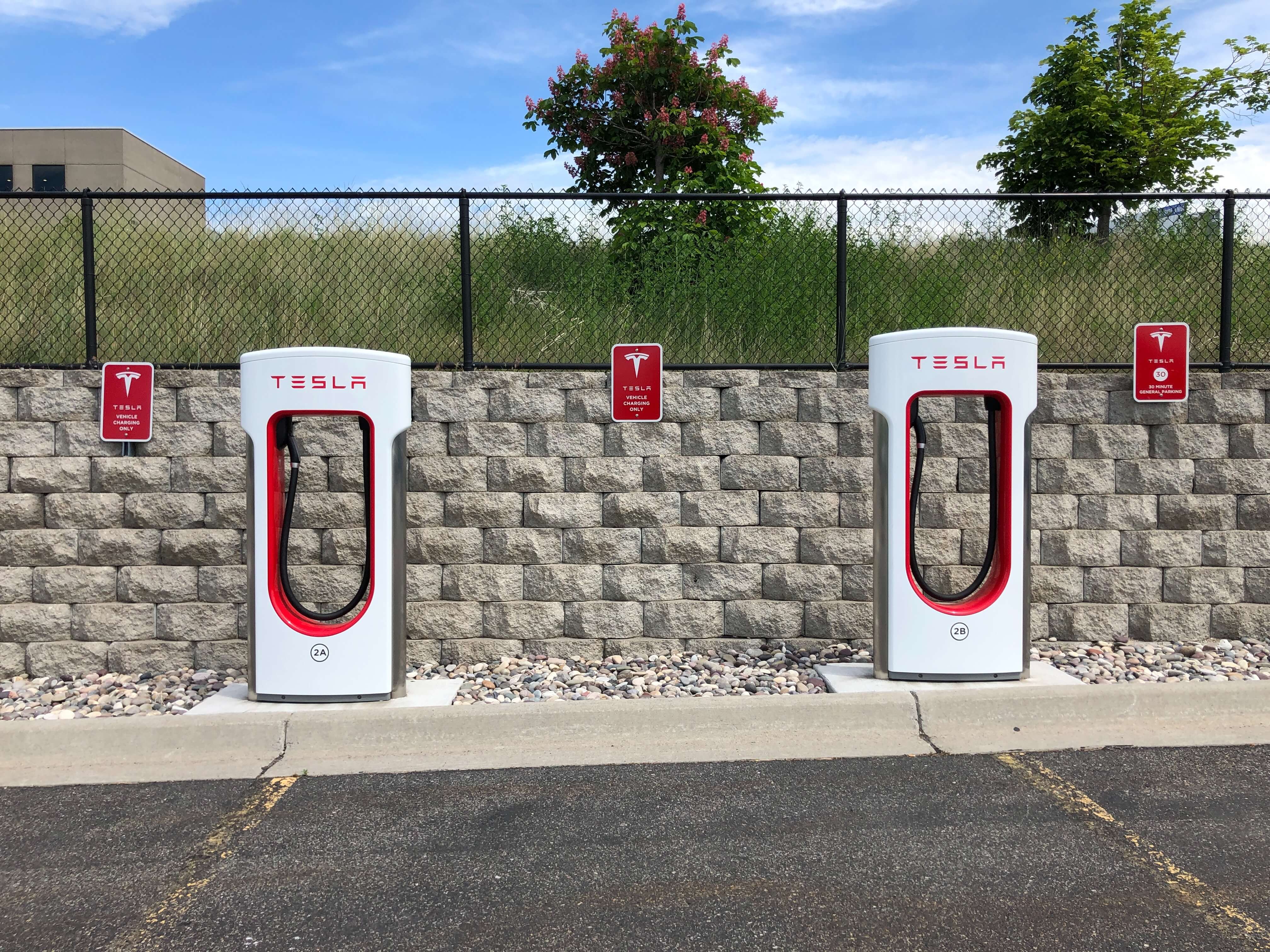
By John Martinson
In the summer of 2018, my son and I drove a Tesla Model 3 Long Range battery electric vehicle (BEV) on a 31-day, 6,421-mile road trip from Phoenix north through the Colorado Rockies, Wyoming and Montana, and up into Alberta, Canada, before turning west to Whistler, British Columbia, and then south along the coast through Washington, Oregon and California to San Diego before heading home.
Tesla’s advantage over all other BEVs is range (the EPA rating of our car was 310 miles) and the largest network of proprietary Level 3 Fast Chargers (Tesla Superchargers). At the time (and probably still as of this writing), a Tesla was the only electric vehicle that could make such a journey in the 8 days, 6 hours and 53 minutes of drive/charge time.
For the purpose of this article, I will use the figures from last year’s trip on the Tesla network to demonstrate the economics of driving electric.
Planning
Many people think that planning a road trip in an electric car requires you to first see where the chargers are and then plot a trip nearby. This is not necessarily true. The way I go about planning a trip is to first decide where I want to visit and what scenic roads I want to drive. Then I look for where I will charge. On our 2018 trip, we were never disappointed. There were chargers within reach of every destination.
You can plan overnight stays by searching Destination Chargers on Tesla’s online map
or you can use an online app called www.abetterrouteplanner.com. For our 2018 trip, Tesla’s network provided us with all necessary charging, even up into Canada.
Charging
Compared to fossil fuel-powered road tripping, the cost of electricity is about a third the cost of gasoline. Plugging in to a Tesla Supercharger involves no on-location credit card or membership card, because Tesla Superchargers recognize every Tesla vehicle and automatically bills the credit card on file at Tesla. This is super easy compared to other networks, which require a card or app of some sort.
As of this writing, there are over 6,500 Tesla Superchargers in North America alone, and unless you are venturing well outside the network, an 80% charge is the most you would need. Usually, this takes about 40 minutes, but Tesla is rolling out a new version 3 Supercharger that will do it in half that time. Most Superchargers are adjacent to hotels and restaurants with restrooms. If you would like to just sit in your car, Tesla now has video games, YouTube, Spotify, Hulu and Netflix to watch on the big screen while you are charging. Note that Tesla Superchargers are proprietary to Tesla vehicles only.
For overnight stays, Tesla’s Destination Chargers (Level 2) are provided free at many at hotels, restaurants and tourist destinations. For 16 of our 30 nights on the road, we stayed at hotels or private homes with free Level 2 chargers.
Enter a destination at www.tesla.com/supercharger to see all of the Tesla charging locations (current Superchargers are red, future Superchargers are gray, and destination chargers are black). Clicking on the actual location icon brings up information about the charging station.
Beyond
If you are driving a different brand of BEV or if you are beyond the reach of the Tesla network, www.plugshare.com provides a map/app displaying all of the chargers in North America by all providers including folks who offer their home chargers in a pinch. Most of these chargers are not Level 3 DC Fast Chargers (DCFC), which are necessary to get on your way in a short amount of time, but the network of DCFC’s is growing.
To access some of these chargers, an adaptor may be necessary. Learn more about charger levels and the types of plugs for which you might need an adaptor at by following this link.
Keep up with all of John Martinson’s road trip tips by visiting our website.
Learn more about John S. Martinson at https://about.me/jsmartinson.






